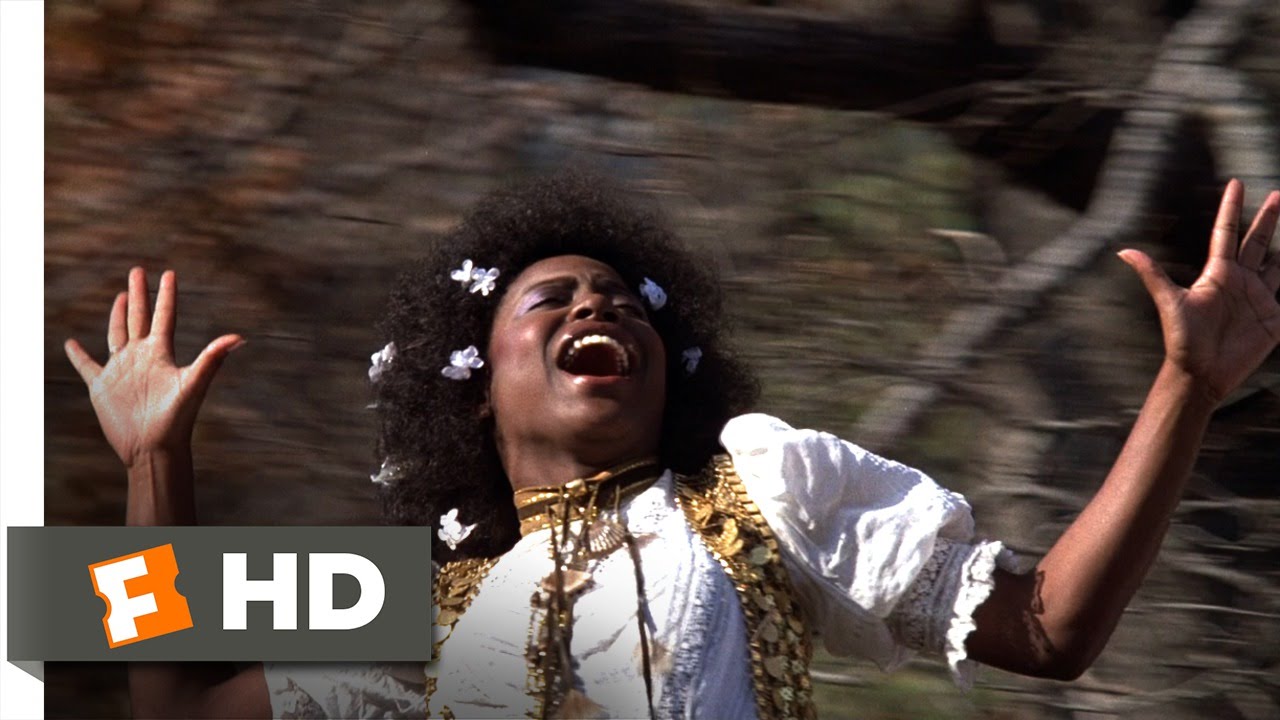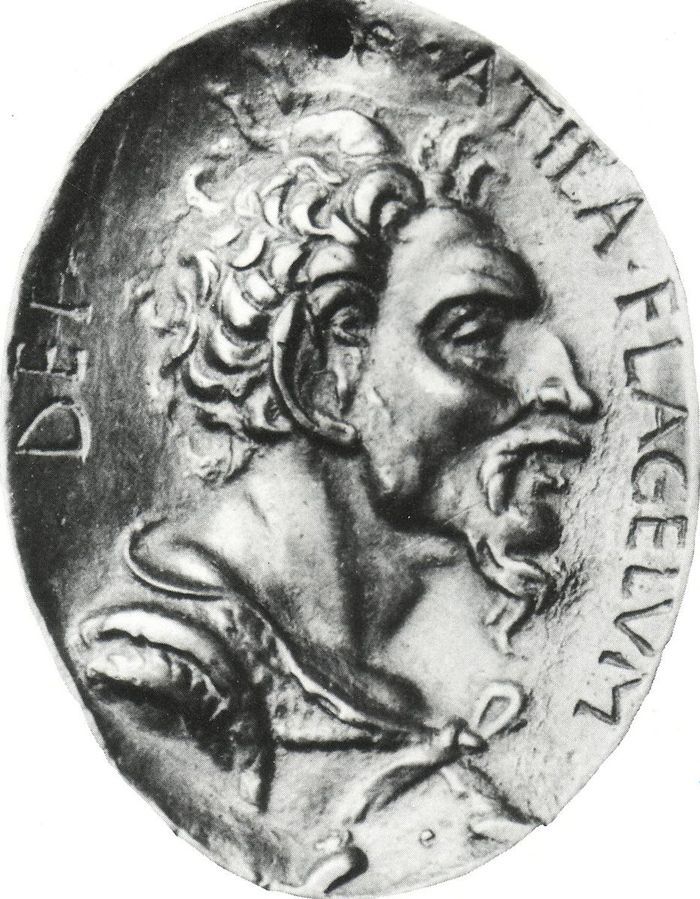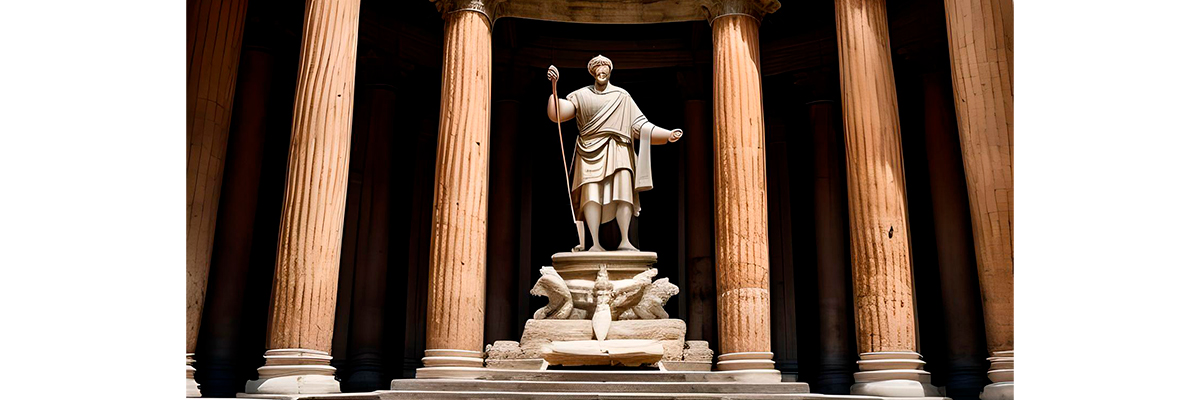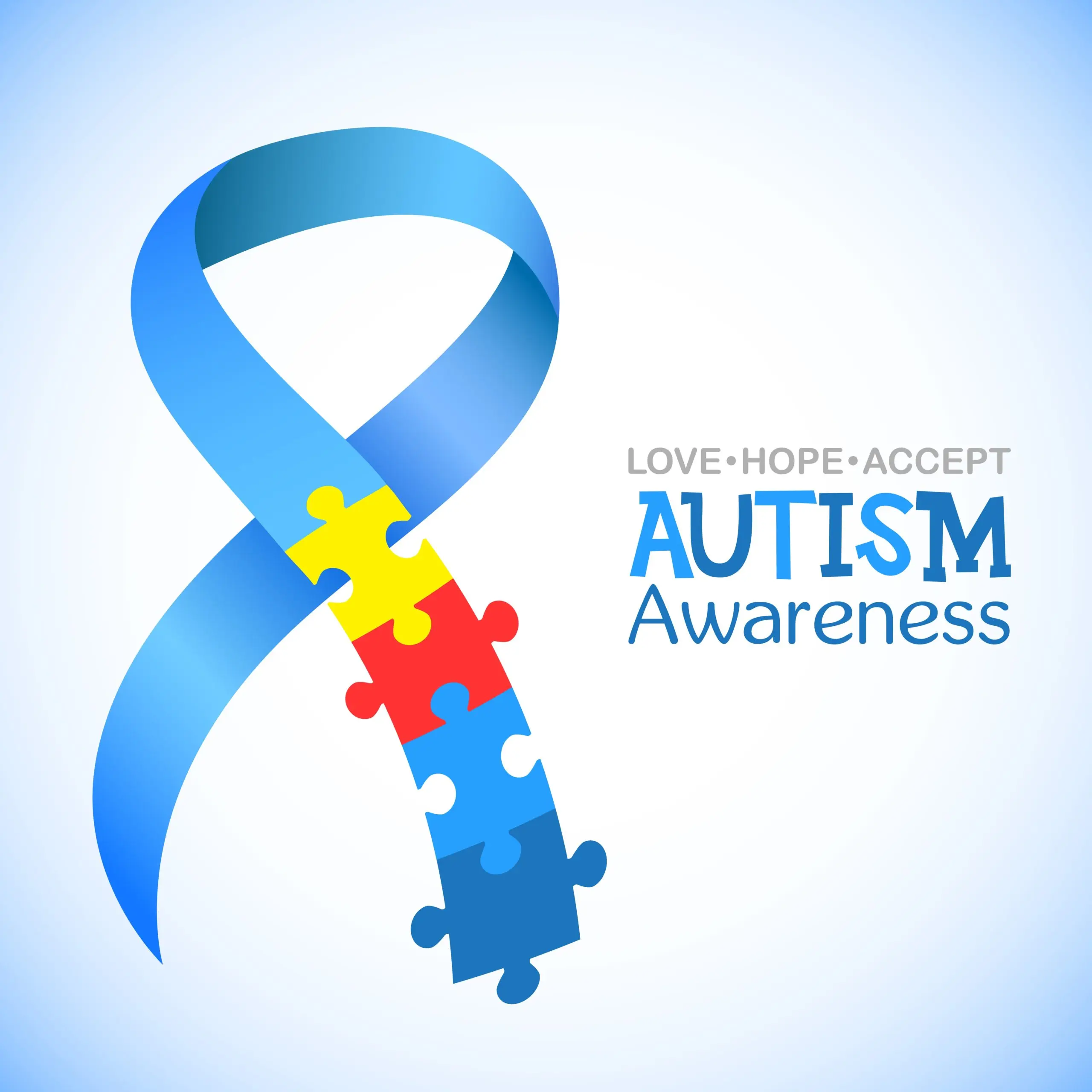▷ Who were the hippies? Do they still exist?

Hippie, as a name, derives from “hip”. “Hip“, a term applied to the literary trend known as “Beats”, which became very fashionable during the 1950s.
We are talking about writers like Allen Ginsberg and Jack Kerouac. Although the Hippie, also spelled hippy, is considered a member, during the 1960s and 1970s, of a countercultural movement that rejected established institutions, criticized middle-class values, and opposed nuclear weapons, when the escalation began nuclear power between the United States and the USSR.
Peace and Love above all, although also defenders of sexual liberation, vegetarianism or vegetarianism; of the environment and of some aspects of oriental philosophy. And, also, of the use of psychedelic drugs that they believed expanded consciousness.
From Hippies to Yippies
Although the turning point as a movement arose with opposition to the United States’ participation in the Vietnam War (1955-1975), many hippies often did not express their ideas or get involved in political affairs, unlike their counterparts. “Yippies”, belonging to the International Youth Party.
It can be said that the hippie movement originated on American university campuses, and that it quickly spread to other, especially English-speaking countries.
Hippies felt alienated from middle-class society, which they considered dominated by materialism and repression, so they developed their own distinctive lifestyle.
Thus, even in clothing, they preferred to go against the grain of fashion and left their hair long, dressing casually, often in “psychedelic” colors.
The beard also became fashionable among men. Long, flowing dresses were popular with women. Hippies lived in communes or cooperative housing and practiced holistic medicine.
The so-called The Whole Earth Catalog, which first appeared in 1968, became a source of inspiration for his everyday life. Hippies used to be people who gave up on society, quitting their jobs, although some developed small businesses or businesses that catered to other hippies.
“Make love Not War”
Hippies advocated nonviolence and love, a popular phrase that we all know singles out this question: “Make love, not war.” They promoted openness and tolerance as alternatives to the restrictions and regulation they saw in middle-class society.
Hippies often practiced open sexual relationships and lived in various types of family groups, far removed from the traditional family concept.
They generally sought spiritual guidance from sources far removed from the Judeo-Christian tradition, particularly Buddhism and other Eastern religions. Astrology was popular too, and the boom period was often referred to as the Age of Aquarius. Hippies promoted the recreational use of hallucinogenic drugs, particularly marijuana and LSD.
Hippie music and cinema
Both folk and rock music were an integral part of hippie culture. Singers like Bob Dylan and Joan Baez and groups like the Beatles, the Grateful Dead, Jefferson Airplane and the Rolling Stones were among those most identified with the movement.
In fact, the musical Hair was even produced, reflecting the hippie lifestyle that premiered on Broadway in 1968, and the movie Easy Rider, which reflected hippie values and aesthetics, hit theaters in 1969. Novelist Ken Kesey was one of the movement’s best-known literary spokesmen, and he became equally famous for the bus tours he took with a group called the Merry Pranksters.
Woodstock, 1969
Public gatherings and rallies were common among the hippie movement, especially around music festivals, sometimes mostly in protest.
The first “be-in,” called the “Gathering of the Tribes,” was held in San Francisco in 1967.
And the most famous was the music festival, which lasted for three days: Woodstock, was held in New York, in 1969, and attracted approximately half a million people.
Well, these were the origins and the way of understanding the life of the hippies of the last century. Really, later other counterculture movements have come, of protest, such as the ‘authentic’ squats or the immediate movement that arose around May 68, but formally understood well: horse racing no longer exists. They do not believe? Yes, now there are vegans, there are many people in favor of environmental conservation, of Peace in capital letters …
Perhaps it is worth reflecting on their influence at this time, where family models are imposed that are not the traditional ones, as they and they wanted, the preservation of the Planet, now a movement that is thriving among young people, as I mentioned before, or that vegetarianism -radical many times-. We could say that without being the leitmotif by which ordinary mortals are governed, and much less decorated with the flower power they flagged for, the influence of hippies is present.
You may also like
The persistence of memory Salvador Dali
TRACES OF AN IMPERFECT WORLD -read it for free-
Recent Comments
Audiolibro: Por si las voces vuelven. gratis
Categories
Recent Posts
Club bilderberg 2022. ¿Cuáles son sus planes para España?
Audiolibro de Angel Martin: Por si las voces vuelven. gratis
Selection [AUDIBLE]
Recent Posts
Categories
The persistence of memory Salvador Dali
TRACES OF AN IMPERFECT WORLD -read it for free-
Recent Comments
Audiolibro: Por si las voces vuelven. gratis
Categories
Recent Posts
Club bilderberg 2022. ¿Cuáles son sus planes para España?











